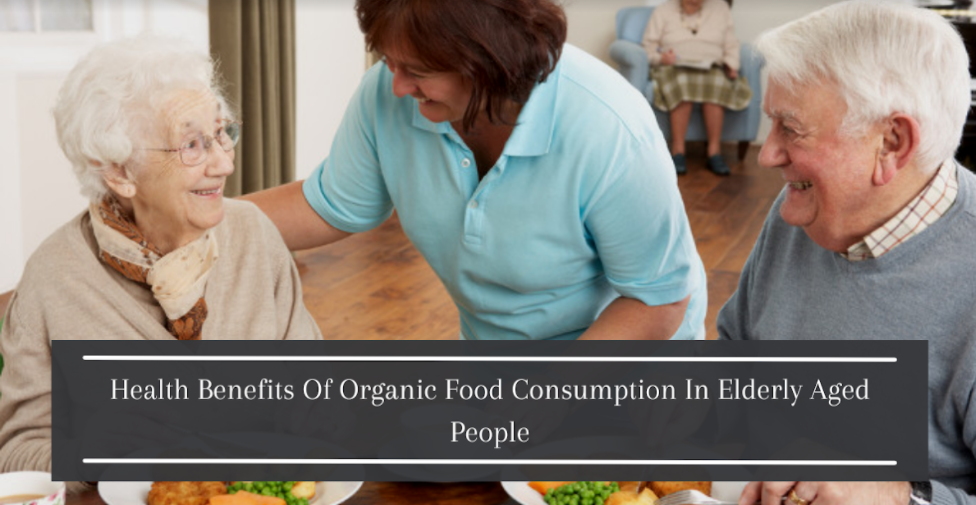The nutrition aisle- what’s best for your older loved ones?
Some foods are more beneficial than others when it comes to meeting these changing needs. As we age, our nutritional needs change. Our bodies need more help than they did in our younger days.
If your loved ones care about what they put in their body, you should encourage them to look for products that are made with little or no artificial ingredients. It is important to make sure they are getting enough vitamins and minerals when they are on a strict diet regimen. If they aren’t concerned about this, then it’s a good idea to steer them in a healthier direction anyway.
What are the best sources of nutrients that elderly people need?
Senior citizens need special attention and care daily. This is because their physical and mental health deteriorates over time. It is that elderly people need to have a balanced diet.
This means that it’s very important for them to have proteins, fats, carbohydrates, and sugars in their diet because these provide energy or fuel for their bodies while also making sure they get all the other nutrients needed.
The best sources of nutrients for elderly people are those that provide them with necessary vitamins, minerals, and fiber. Sources like fruits, vegetables, legumes, and whole grains can help them maintain a healthy life as they grow old.
Serve a bowl of nutrient-rich soup of organic moong dal dhuli to your older loved ones. It is easier to digest and delicious to eat.
The world-changing benefits of organic food for the elderly
Our society is becoming more and more aware of the benefits of organic food. But what about the elderly, who have a higher risk of developing diseases associated with poor health?
While the benefits of organic food are increasingly being recognized, the effects of this are even more pronounced in elderly people. This food has many benefits, and one of the most important for the elderly is that it can help with their digestion. This is due to the lack of pesticides in organic food which can cause gut problems.
Organic food is a type of food that is grown without any pesticides or synthetic fertilizers. The most common examples are vegetables, fruits, and grains. It can also include meat, eggs, and dairy products from animals that have been fed organic feed instead of drugs or hormones.
The health benefits of organic food in elderly people
Organic food is a type of food that is grown without the use of chemical pesticides, antibiotics, or genetically modified organisms. Most organic produce also does not contain artificial hormones and it can be said that organic foods have a significantly lower risk of contamination.
Organic food is better for people who are trying to avoid potential toxins and want to eat healthier. It is a type of food that is produced using farming that does not involve the use of artificial fertilizers or chemicals. In other words, organic foods are those that are grown without conventional pesticides and chemical fertilizers that deliver a lot of health benefits including improving your immunity, reducing the risk of cancer, and reversing the effects of ageing.
7 tips for healthy eating when you’re 60+ years old
This is the time where we should be eating healthy to ensure a longer and better quality of life. Below are 7 health tips for eating when you’re 60+ years old:
1) Eat well-balanced meals.
2) Drink plenty of water.
3) Keep your weight in check.
4) Sit down and eat with proper posture.
5) Limit your alcohol intake to one drink per day.
6) Cut back on salt and sugar intake.
7) Exercise regularly, at least 30 minutes every day
How can organic foods improve your overall physical and mental health? Organic foods always come with a large price tag. Is it worth expenses that much money?
It’s true that organic food is more expensive than non-organic food. But this doesn’t mean it isn’t worth the extra cost. Organic foods have many benefits including better taste, better nutrition content, and better for your overall physical and mental health. It contains higher levels of vitamins and minerals to improve your health.
Research has shown that organic produce is more nutritious than conventional produce, and organic meat and dairy products contain less antibiotic-resistant bacteria than conventional counterparts with higher levels of hormones and omega-3 fatty acids.
The Economic & Social Benefits of Eating More Organic Food
The shift to organic food can potentially change the economic and social implications of agriculture. The shift to organic food production and consumption will help improve the quality of life for many people, especially those who are living in poverty or who are food insecure.
Organic farming methods provide a more sustainable approach to agriculture because they do not use synthetic pesticides or fertilizers, which can be harmful to people. Organic farming is also more profitable for farmers because it is more sustainable and has greater market exposure.

